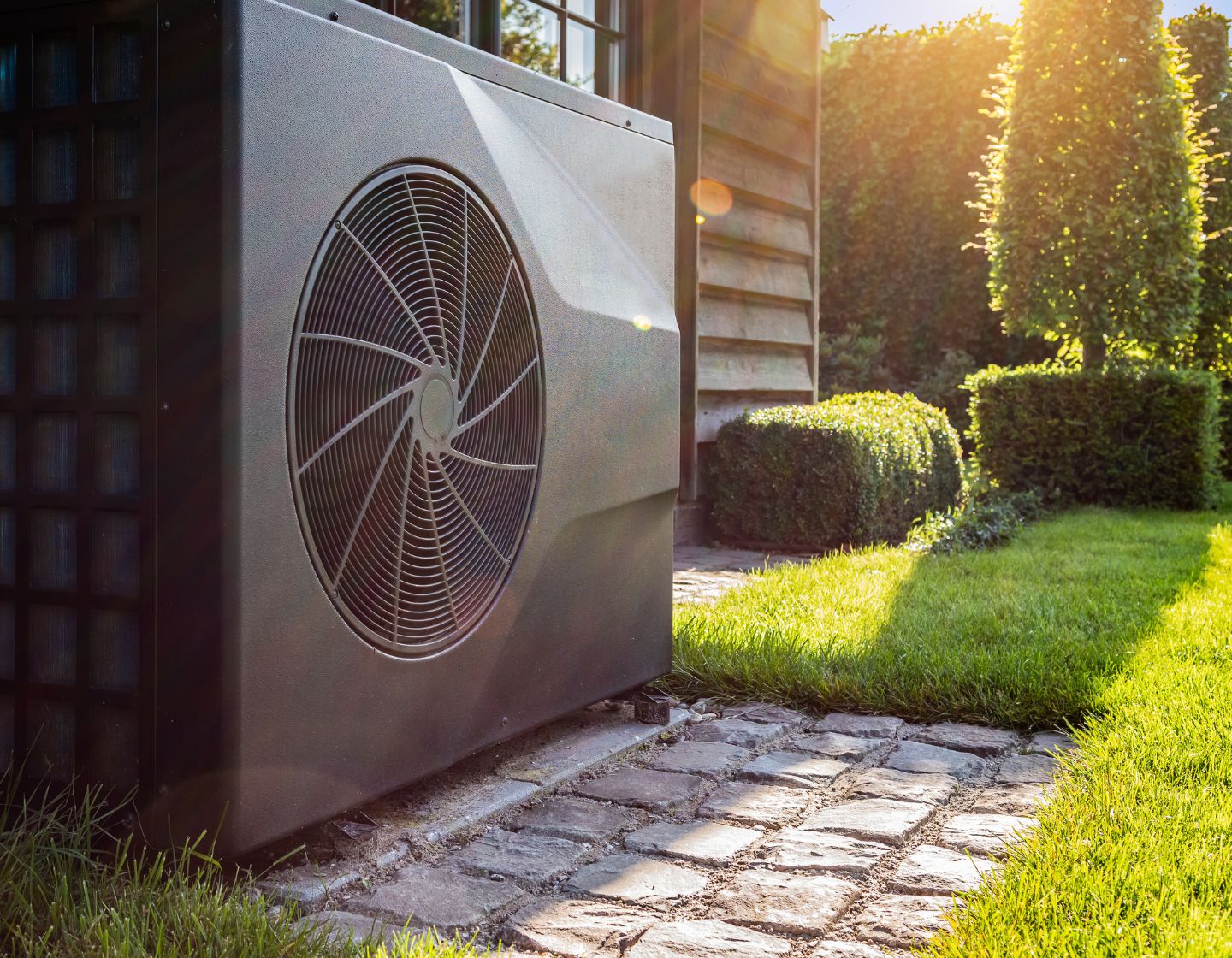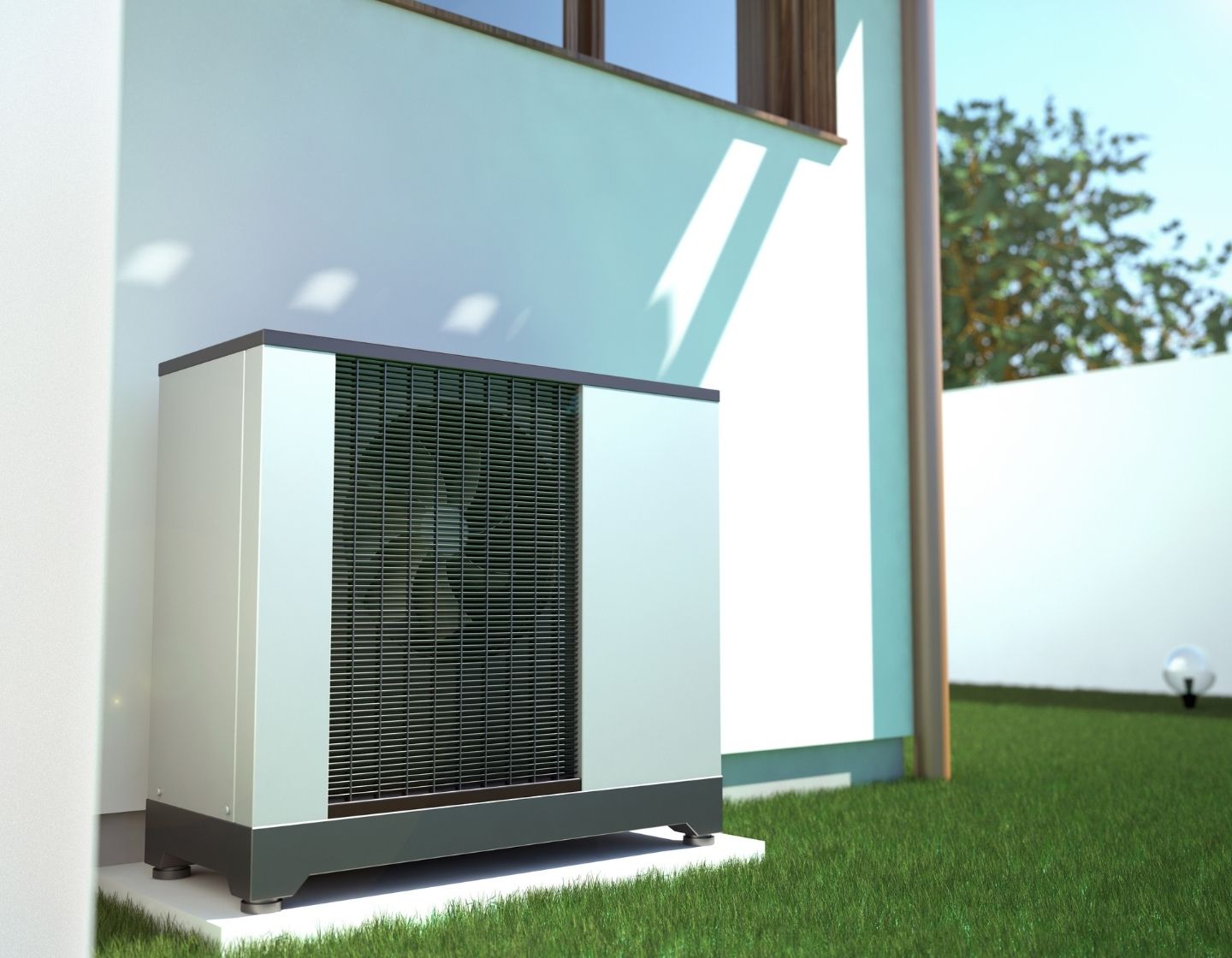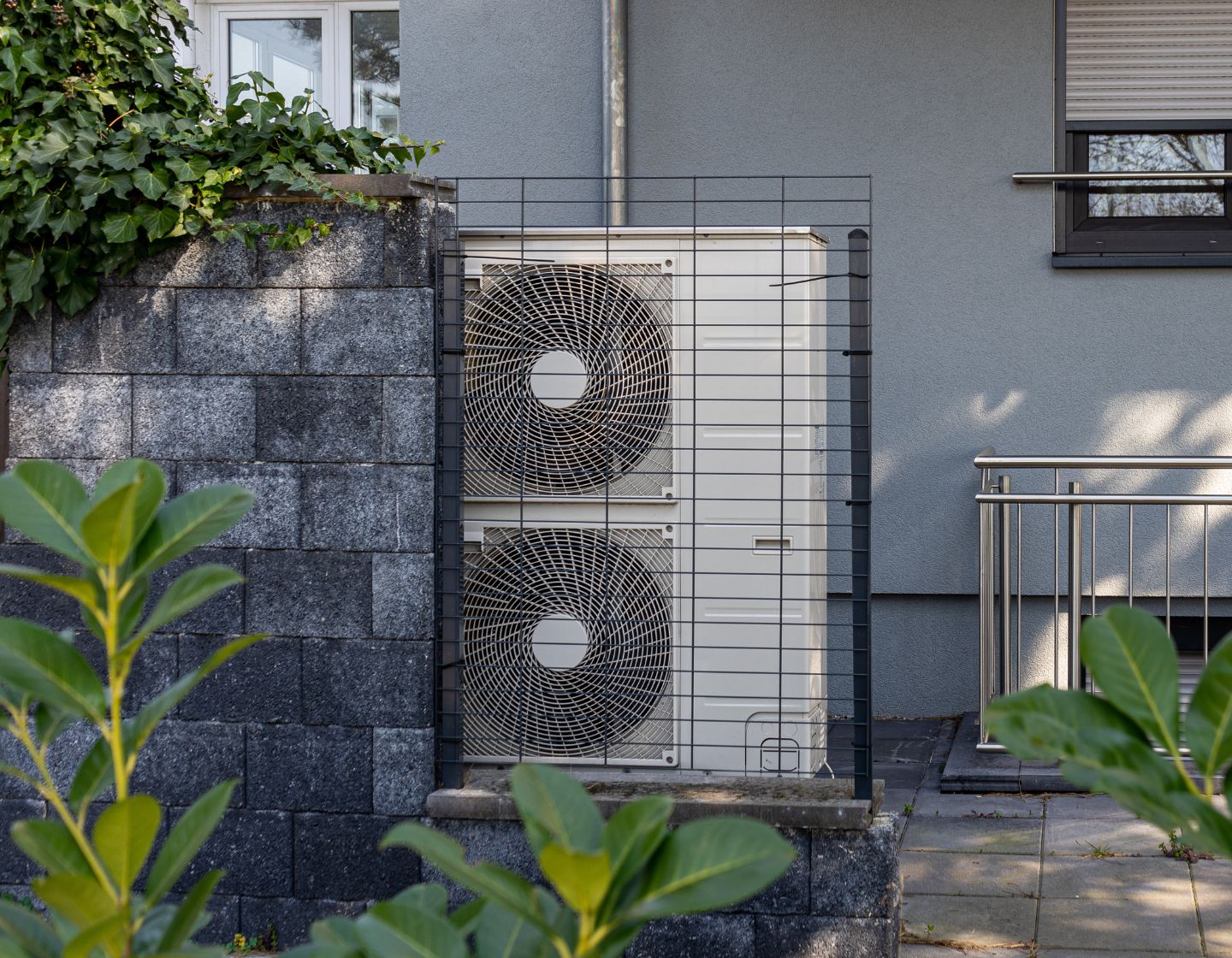Why heat pumps are a smart economic choice
New research shows that heat pumps costs are now on par with gas central heating, making them a smart economic choice.
The cost of gas in the UK is still treble the price in 2021, with wholesale market prices having eased back from the high-point in August of 600p per therm, and home heating is the single biggest use of gas in the UK, accounting for around 37% of consumption in 2021.
The study by national innovation agency Nesta found that owning a high-quality heat pump could be £120 to £160 cheaper annually to run than a gas boiler, if people take advantage of the £5,000 subsidy offered through the government’s Boiler Upgrade Scheme.
Heat pumps have well-documented operational and emissions savings compared to gas boilers but the cost of buying and installing them has been a challenge to mass adoption across the country.

Cut gas consumption
The Nesta report advises that replacing a gas boiler with an air-source heat pump will reduce gas consumption by around 70%, (when the source of electricity provided by the grid is taken into account).
It says that replacing all 23 million boilers in the UK with a heat pump could cut around £25bn a year from the UK’s wholesale gas costs – £1,100 per household. That’s about 1.2% of the nation’s GDP so the move away from fossil fuel gas makes perfect economic and environmental sense.
More than half of the UK’s electricity is produced by renewables and nuclear, and heat pumps are far more efficient than boilers – for every unit of gas burned to heat a home with a boiler, heat pumps use 3 to 4 times less energy.
If you take into account the gas used to generate electricity, heat pumps save more than 70% on gas use compared to a gas boiler, based on the current grid with 40% of electricity generated from gas. We can expect efficiency to increase as more energy is produced from wind, solar and tidal sources.

Gas boilers phase out
The government’s net zero targets include the roll out of 600,000 heat pumps a year by 2028 and the phase out of gas boilers by 2035, with new-build properties most likely to be constructed without gas central heating after 2025.
But, understandably, the take-up of heat pumps in the UK has been sluggish so far, with figures from the European Heat Pump Association noting that just 43,000 heat pumps were installed across the country last year.
The current Boiler Upgrade Scheme makes heat pumps attractive now and Nesta urges the government to make the green solution more attractive to households in the long-term. The agency says government should:
- Shift ‘green’ levies on to general taxation
- Reform the energy market so electricity prices are not driven by the price of gas
- Ensure all heat pumps are installed with the top efficiency of 3.2.
Apart from the support from government, heat pumps will be the go-to source of heating in the future as electricity will become increasingly more competitively priced against gas. And in the medium to long term, the UK will no longer burn gas to produce electricity.

Green electricity
The government has committed to generating 95% of the country’s electricity from low-carbon sources by 2030 and to fully decarbonise the grid by 2035. It is also aiming for up to 50GW of offshore wind by 2030.
With this in mind, a recent UK government “Contracts for Difference” auction has secured a record 11 gigawatts (GW) of new renewable energy capacity that will generate electricity 9 times more cheaply than current gas prices.
The projects will come on-stream over the next five years up to 2026/27 and with agreement to generate electricity for an average price of £48 per megawatt hour (MWh) in current money. This is 9 times cheaper than the £446/MWh cost of running gas-fired power stations now.
Carbon Brief estimates the projects will generate 45 terawatt hours (TWh) of electricity per year, enough to meet around 14% of current UK demand and save consumers an estimated £1.5bn per year in the late 2020s.

Heat pumps in business
The Crown Estate has just signed lease agreements with 6 offshore wind projects with the potential to generate 8GW of renewable electricity – enough to power 7 million homes – and they could start generating green electricity before the end of the decade.
The agreements give developers exclusive rights at 3 sites off the North Wales, Cumbria and Lancashire coasts, and 3 sites in the North Sea off Yorkshire and Lincolnshire.
Businesses too are adopting heat-pump technology. For example, Waitrose has installed 5 heat pumps at UK stores with at least another 10 planned this year. The large-scale heat pumps are air-source and replace gas boiler systems used for store heating.
The efficient heat pumps will help the supermarket chain meet its goal of reducing energy consumption by 25% by 2028, against a 2019 baseline, supporting its 2035 net-zero target – and it stresses that the energy price crisis has “accelerated” the deployment of both low-carbon heating technologies and energy efficiency measures.
Our heat pump team can answer any queries you have – for more information, why not give us a ring on 0333 123 5464.

